
A re-election of corrupt leader is a recipe for renewed violence In Somalia.
the eight grave human rights violations under Farmajo’s presidency in Somalia:
1. QALBI-DHAGAH RENDITION
Following his election in February 2017, president Farmajo administration secretly detained and handed over former Somali military colonel and Ogaden National Liberation Front (ONLF) commander, Abdikarim Sheikh Muse (popularly known as Qalbi-Dhagah) to Ethiopian authorities, one of the worst human rights violators in the region, on 31 August, 2017.
The extradition, which sparked public uproar and put Farmaajo’s administration on a collision course against his public rating, was implemented under the direct instructions of Mr. Farmajo, according to former National Intelligence and Security Agency (NISA) chief, Abdullahi Mohamed Sanbalolshe.
Initially, the government denied and dismissed all information related to the illegal rendition as "vicious rumours intended to undermine government's credibility"; claiming their objective is "Qaran dumis" or to destroy the nation. Once the truth hit the streets that Qalbi-Dhagah was handed over by his brethren to a brutal regime with a long record of human rights violations, it unleashed a collective public fury the likes of which Somalia had never seen.
2. BAIDOA KILLINGS
In December 2018, ahead of the South West regional election, Somali security forces backed by Ethiopian soldiers shot and killed at least 15 civilians, including a young boy, who were protesting in the city centre against the arrest of then-presidential candidate Mukhtar Robow, a former al-Shabaab terrorist group member. The government forces were trying to stop Robow’s presidential bid for the South West State. According to the rights group Amnesty International, the shooting dead of the civilians was unwarranted and use of lethal force.
3. KILLING OF DEQA DAHIR AND SAFIYA ABDIRAHMAN
On 19 September 2018, Deqa Dahir, a 9-year-old primary school student was shot dead by Somali government soldier in Mogadishu. Deqa was aboard her school bus to home when the officer opened fire on the bus killing her instantly and injuring one other student.
On 5 November 2018, a police officer shot and killed Safiya Abdirahman, 24-year-old school teacher in Wadajir district in Mogadishu. The female teacher was on her way back home aboard a tuk tuk when the police officer at a checkpoint shot her resulting Safiya’s demise.
None of these perpetrators were brought to justice despite families demanding justice and even personally meeting with president Farmajo.
4. DEATHS AND DISPLACEMENT IN GEDO
In February this year, President Mohamed Abdullahi Farmajo deployed over 700 Turkish-trained Somali National Army (SNA) troops to Gedo region. This was followed by deployment of non-African Union Forces (AMISOM) Ethiopian forces against Jubbaland forces. In early March, Somalia’s international partners expressed grave concern at the build-up of security forces in the Gedo region and the clashes in the vicinity of Belet Hawo on March 2 that have resulted in the displacement of thousands of civilians and casualties. In addition, the deployment led to obstruction of humanitarian aid in the region, which remains to be one of the worst affected regions by the ongoing humanitarian crisis.
5. HUMANITARIAN AIRCRAFT SHOT AND DOWNED
On May 5, 2020 the Ethiopian forces in Somalia shot and downed a Kenyan-registered aircraft that was supplying humanitarian aid including Covid-19 equipment in the town of Bardale, in the southwestern Bay region. All six crew-members were killed after a projectile fired from the ground hit the plane as it approached the Bardale airstrip, according to Ahmed Isaq, a South West State regional administration official.
An investigation team launched following the attack has yet to produce its report.
6. EIGHT HEALTH WORKERS EXECUTED IN GOLOLEY
On Wednesday, May 27, 2020, armed Somali military officers raided Gololey village in Middle Shabelle region and abducted eight male health professionals: seven were working for the local non-governmental organisation Zamzam Foundation while another one was operating a chemist in the village. All were shot dead in an execution-style killing that Wednesday. Their bodies were found on the next morning and were identified by their relatives. Despite evidences of its forces committing this heinous crime, Somali government has yet to admit.
7. GENDER-RELATED VIOLENCE
Sexual violence against women and girls was widespread in south central Somalia despite president Farmajo’s administration promising protection of women and children. In 2019 alone, the UN documented over 100 incidents of sexual violence against girls. Attacks often went unreported due to a climate of impunity, as well as the stigma and fear associated with the crime, which prevented many survivors from speaking out.
8. WAR ON MEDIA
Since late 2017, president Farmajo’s government security forces and officials have suppressed media freedom in Somalia. The local media rights advocacy groups and international human rights organizations Amnesty International and Human Rights Watch documented these violations. It includes threats, harassment and intimidation against journalists and the media as well as new techniques employed by the authorities to bribe media outlets to engage in self-censorship and through online harassment, intimidation and social media manipulation. Only in 2019, the Somali Journalists Syndicate documented 12 journalists fled the country because of death threats from authorities while 81 others were physically assaulted and beaten during 2019.
Farmajo was recently described as the most corrupt leader in nations's history since independence in 1960, he Kept that title without shame during his rule.
The current leader also put his country as the most corrupt nation in the world.
"The theft of Farmajo has no limitation," Aisha Aidarus, a mother of six children said.
"In a very short time he became rich man from a extremely poor family background," Aisha said.
"We are blaming for the unfortunate situation we face on the government of Qatar that gave the money which afforded him to buy votes and unlawfully to become a president." Who lost her husband who was killed last year by terrorist group of Shabab said.
Aidarus is referring to his first election before 4 years in a process boosted by corruption.
"In my heart he is not a president but a cartel leader of 4 years " she cried.
It is an open secret that the government of Qatar unlawfully gave huge sum of money and he corrupted the parliament that voted him to office.
"We don't hate the people of Qatar but they brought us a corrupt man to be Head of State," Ilyas Dhaqane, a trader in United Arab Emirates said.
He added that most of the population in Somalia are preoccupied that Farmajo might be reelected by vote buying. Meanwhile, a very senior military officer in Mogadishu who demanded anonymity warned that if Farmajo becomes the new corrupt leader more people will oppose him in order to avoid the continuation of dishonest administration.
"There is no platform for a political opposition but the annoyance may lead more to armed confrontation," the officer said.
But he also added " the worst is some may support armed Islamic rebellion only to overthrow Farmajo and without looking in to the political consequences."
The officer also said the reelection of Farmaajo will be a beginning of more severe violence, most people pray that he will not come back."
The reelection of Farmajo is seen by many as a bonus to terrorism as well.
Several presidential candidates accused `Farmajo of sabotaging constitutional arrangements that could have resulted to a better election process.
How ever , A re-election of corrupt leader is a recipe for renewed violence In Somalia.
Report by Dahir Alasow



 0
0 


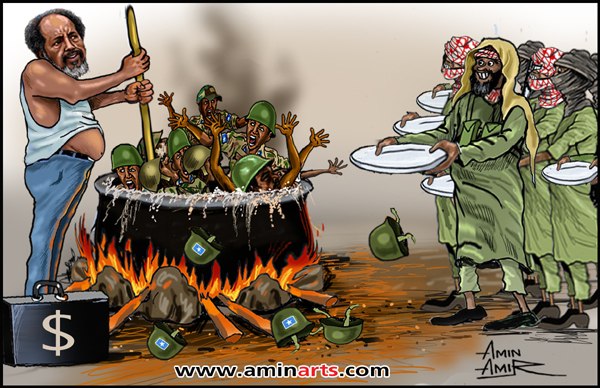
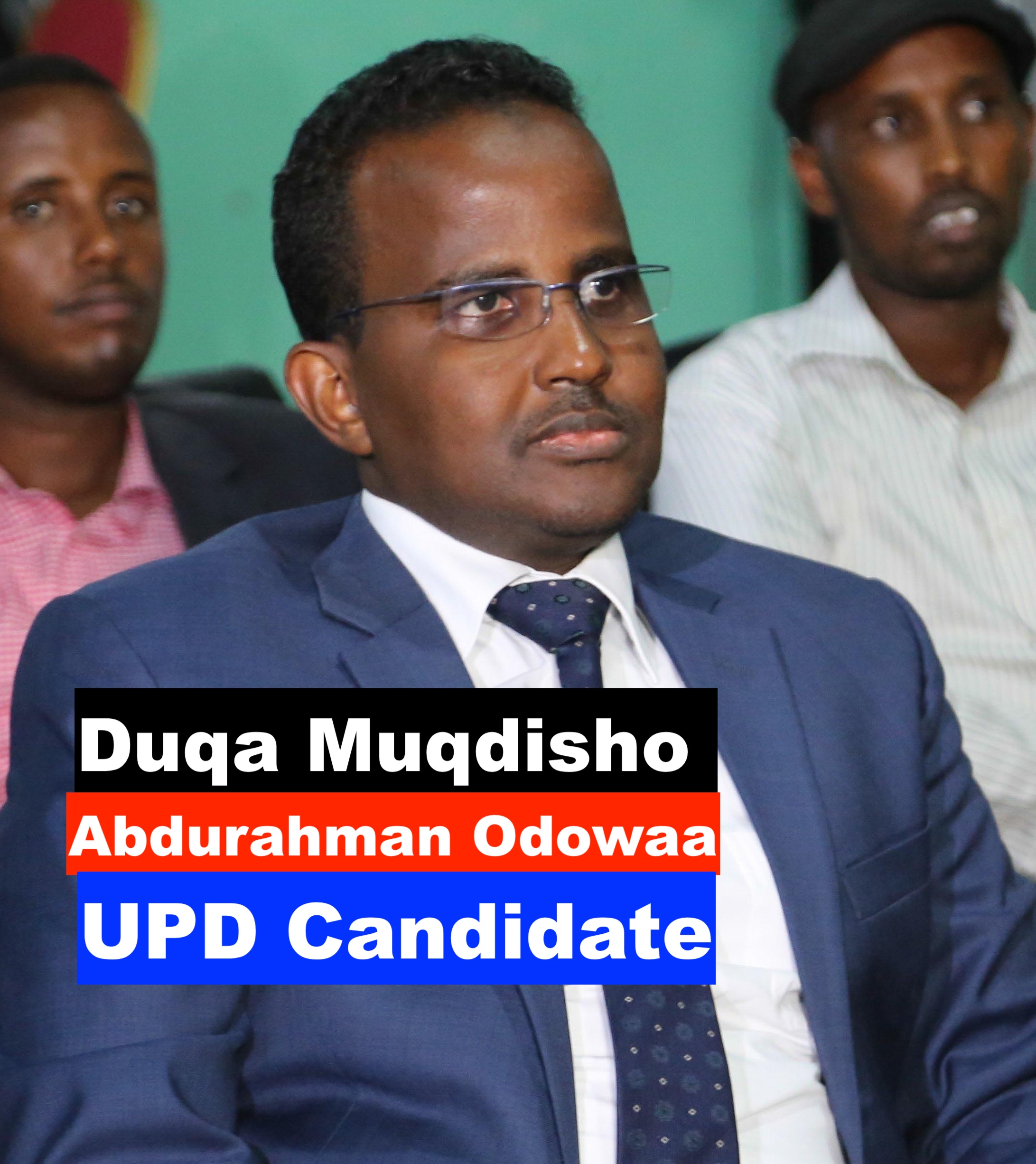
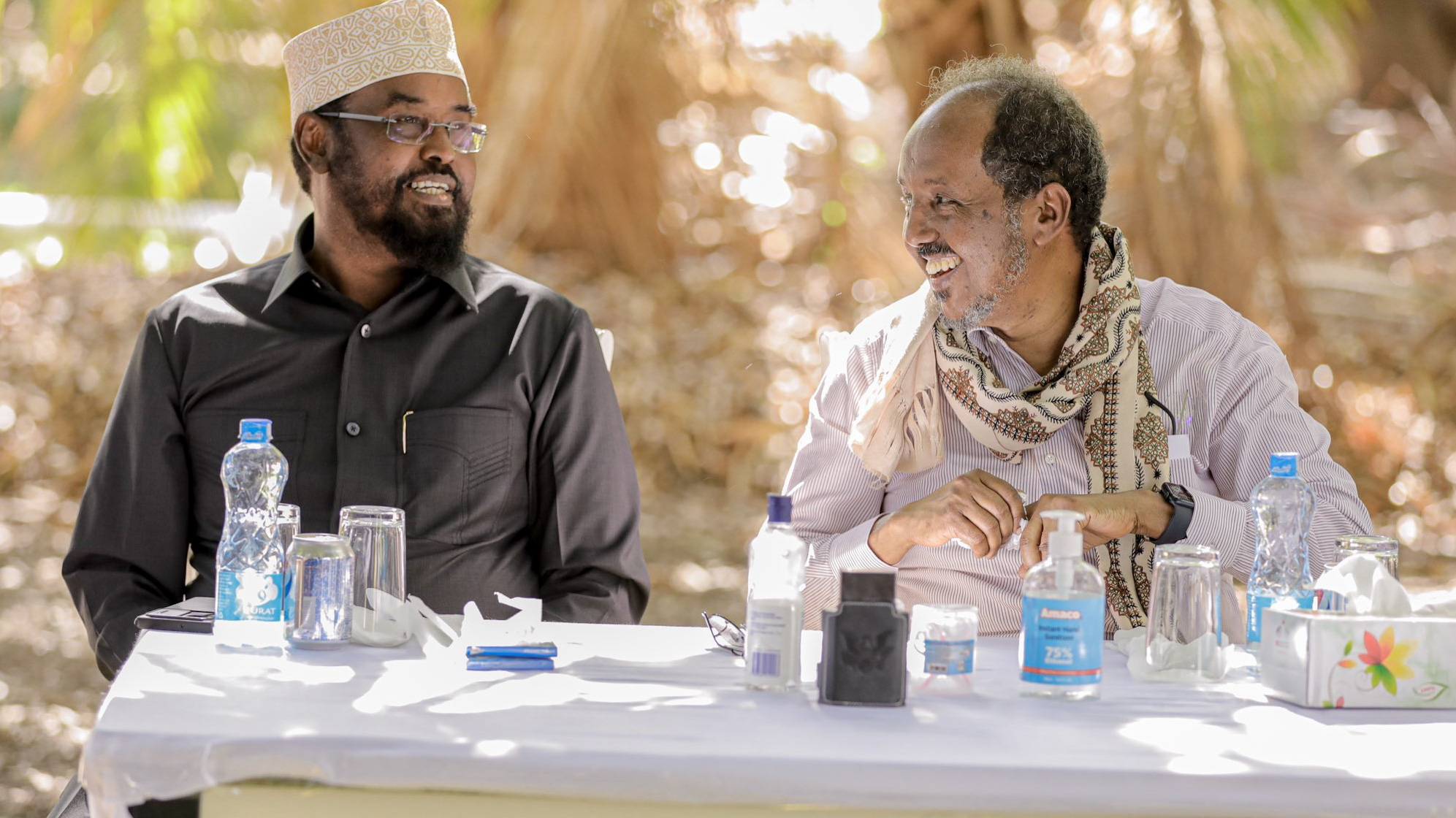
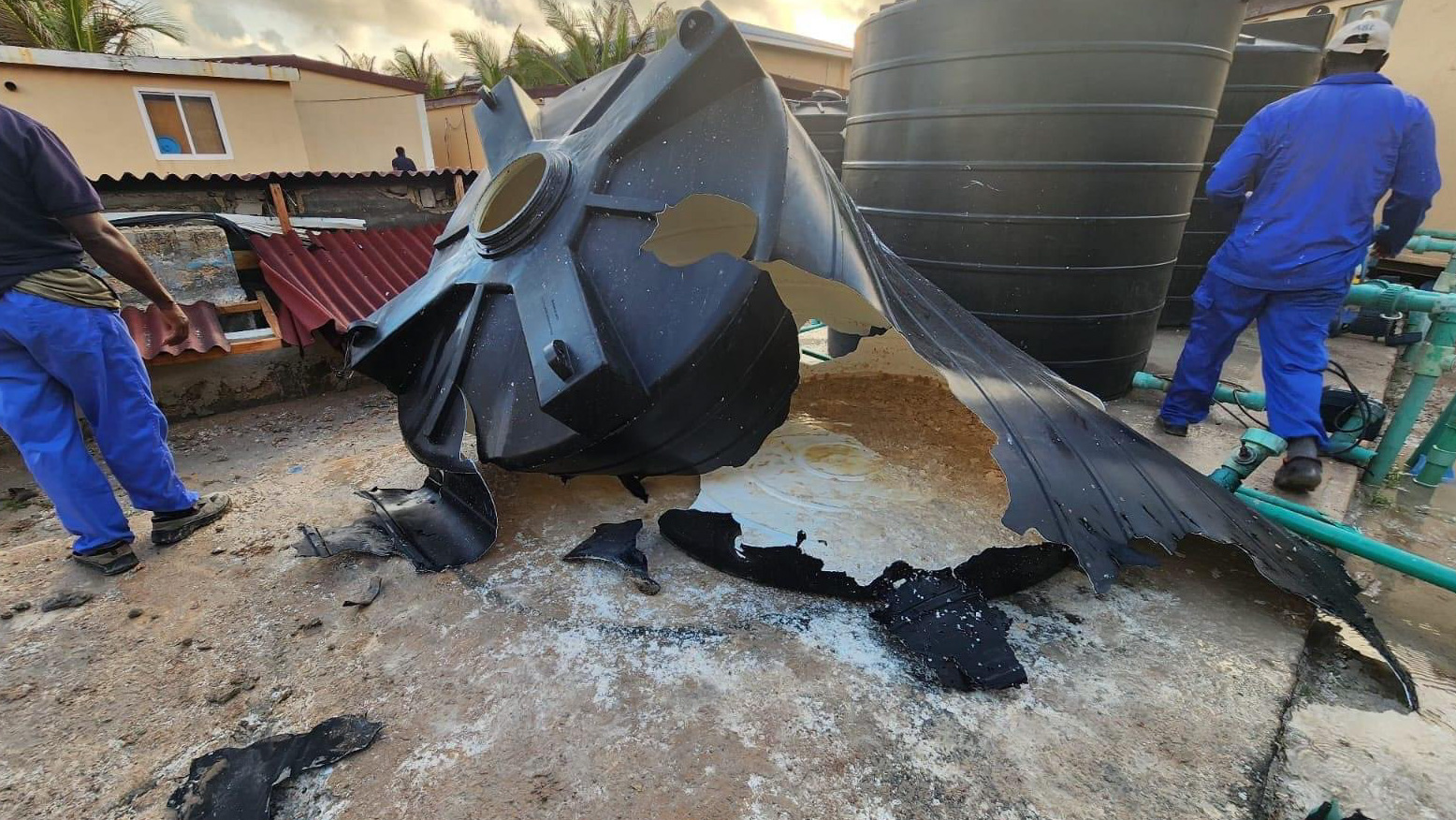
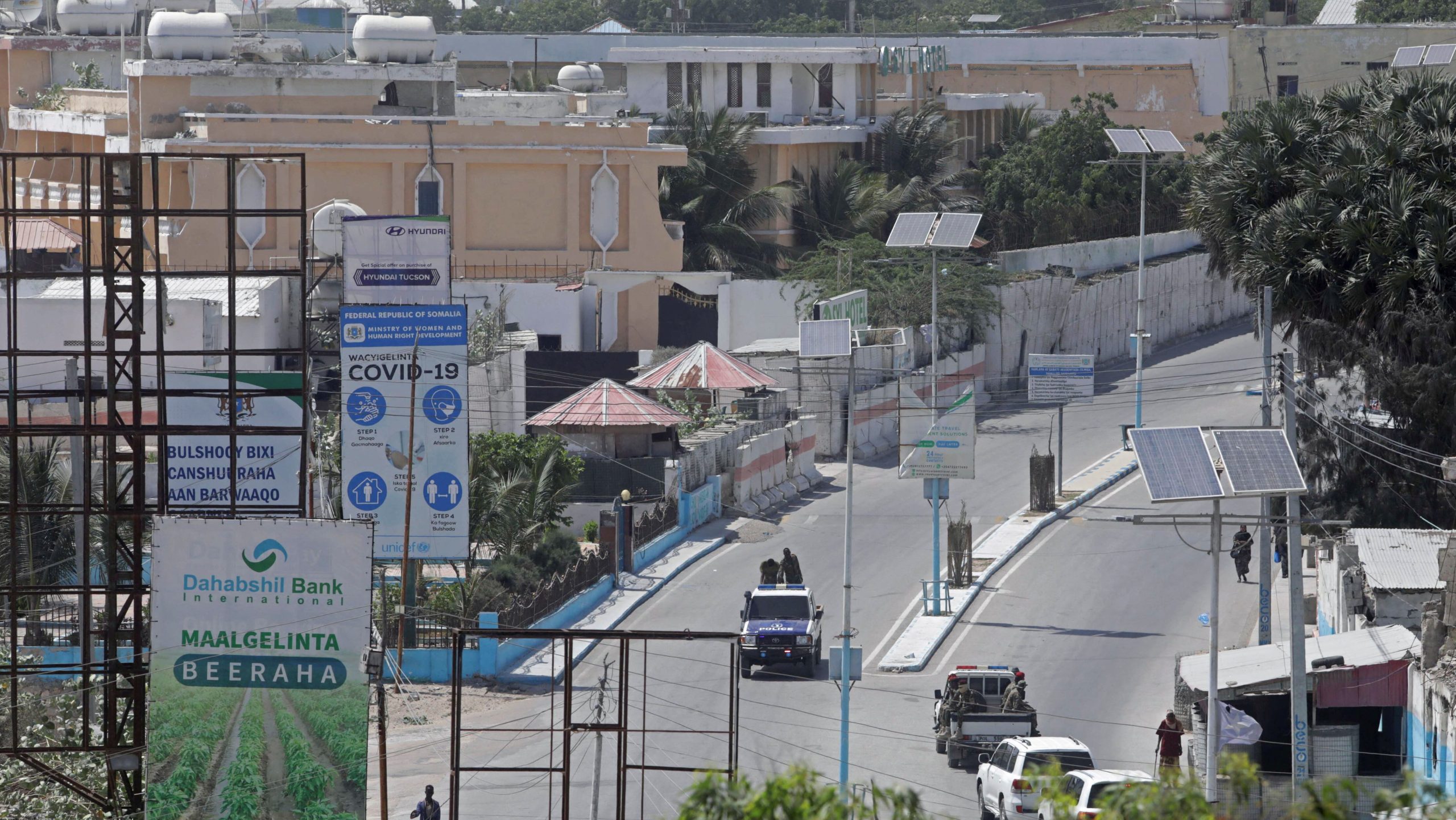
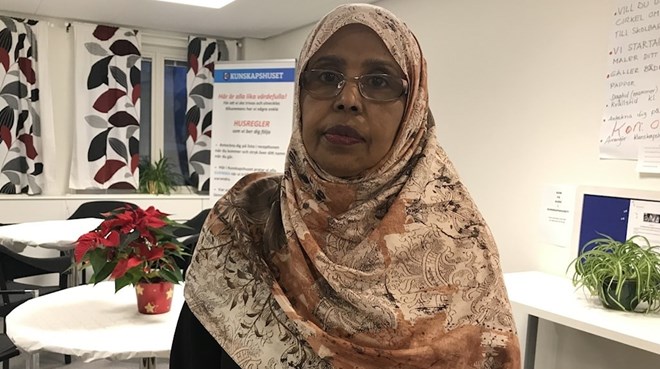
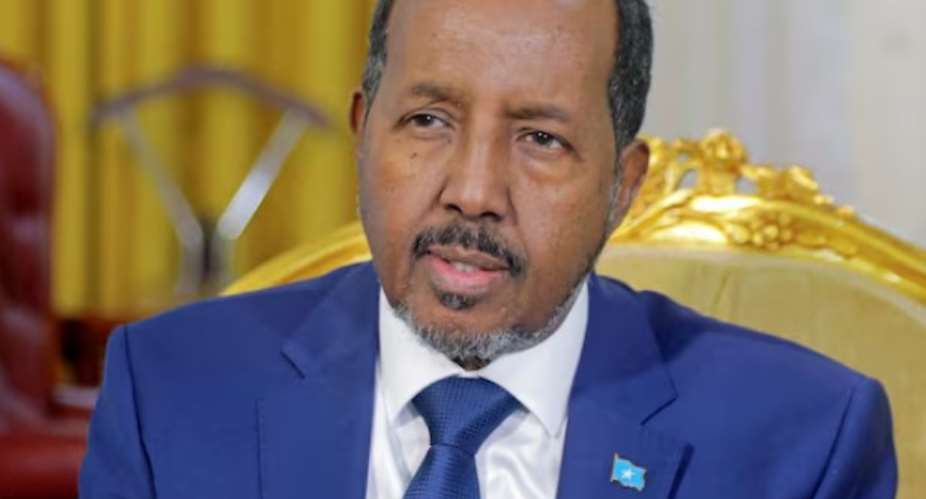

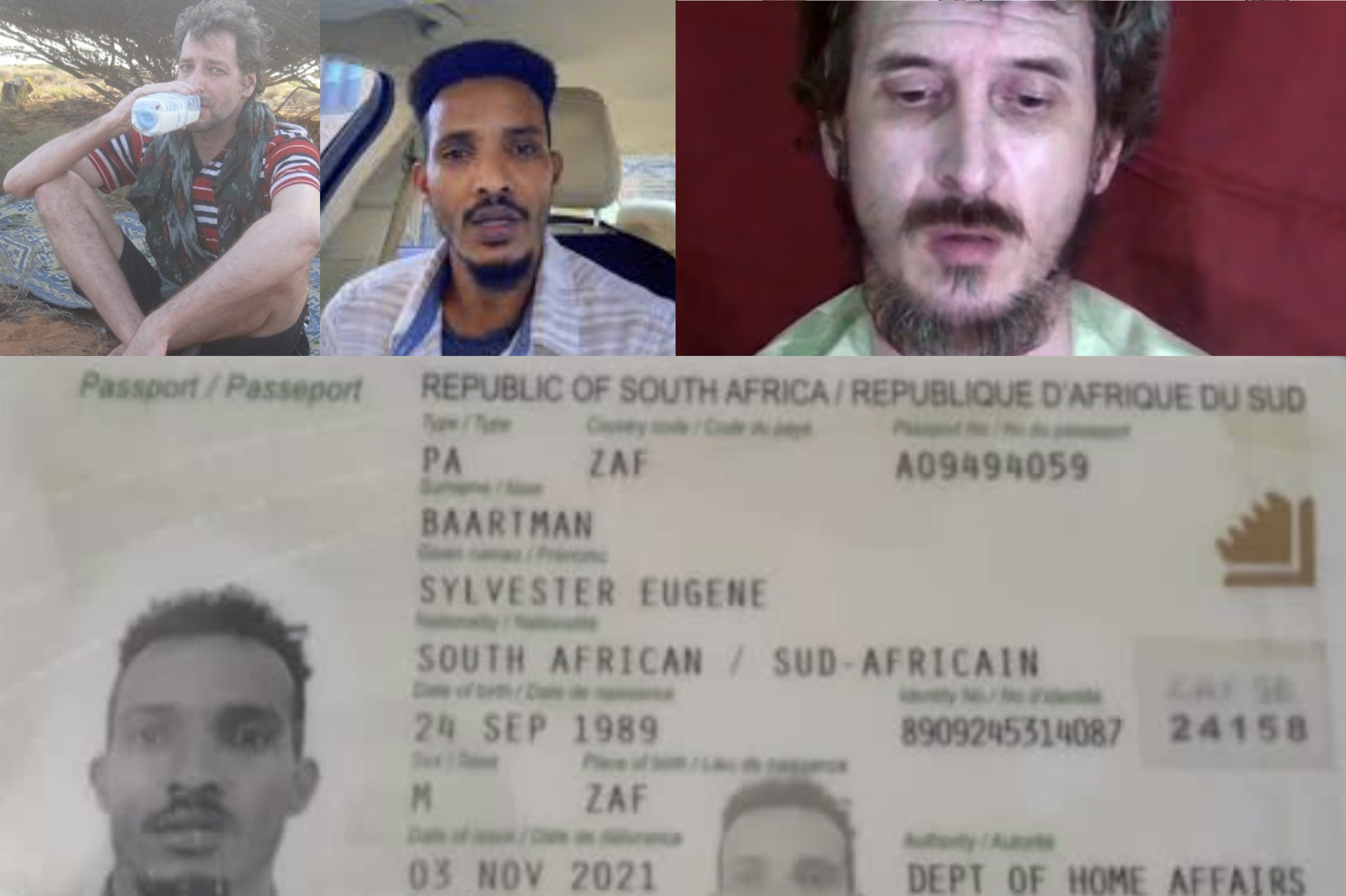
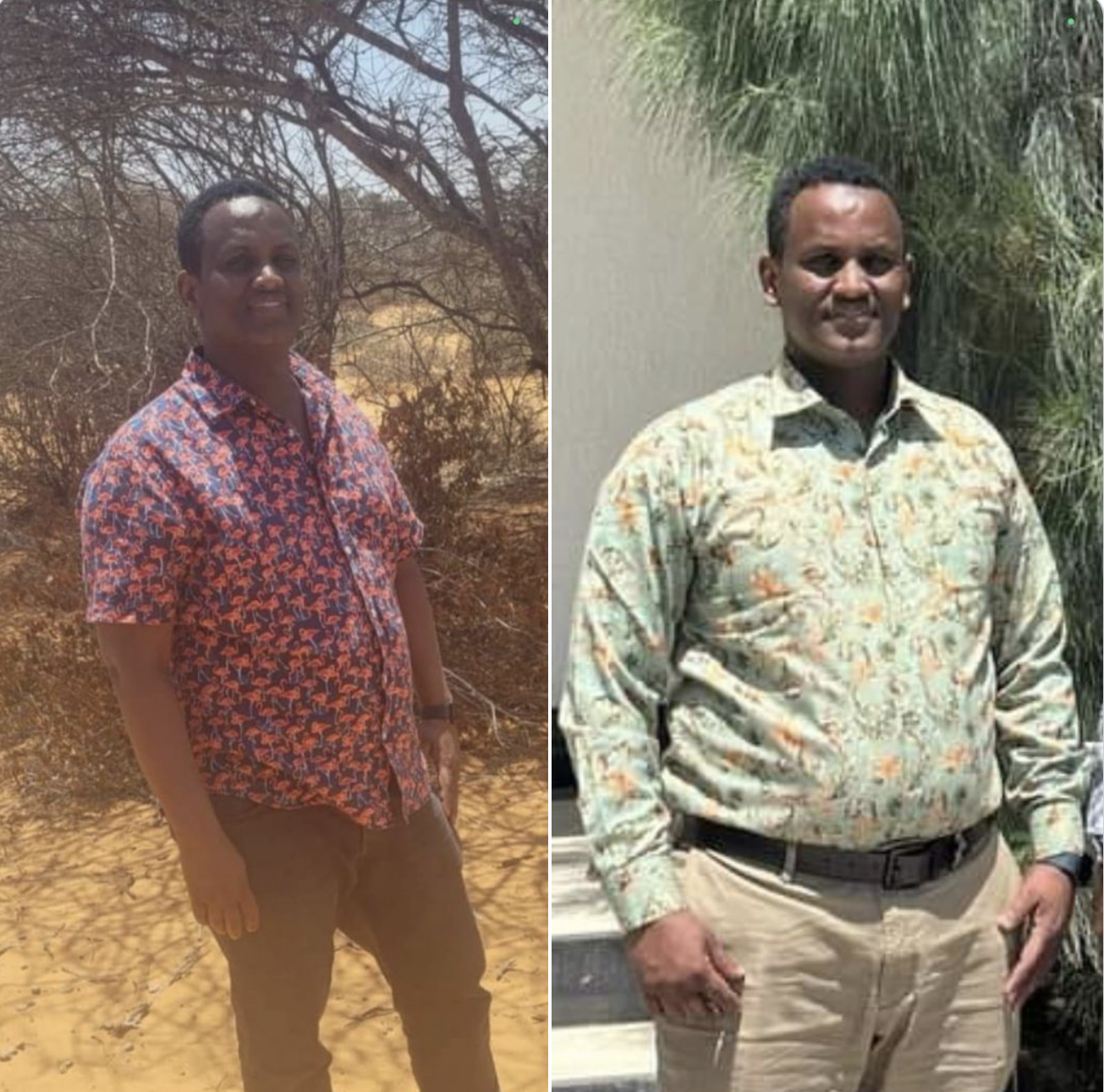
![[DAAWO] Dhul Free ah, Degmada ugu quruxda badan Galmudug](https://waagacusub.com/uploads//article/photo/IMG_E16C1C-068D29-00F13D-396389-6B49D3-78A5A6.png)
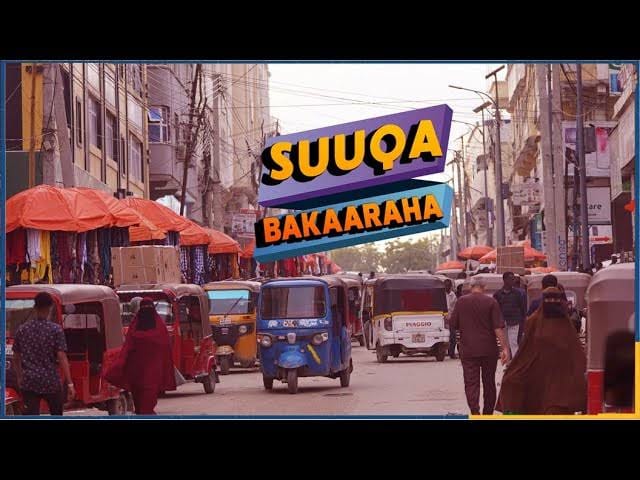
A re-election of corrupt leader is a recipe for renewed violence In Somalia.
The eight grave human rights violations under Farmajo's presidency in Somalia: The Current leader of Somali Federal Government, Mohamed Abdullahi Farmajo, is grabbing the strategic national assets such as farms, schools, hospitals, stadiums, de